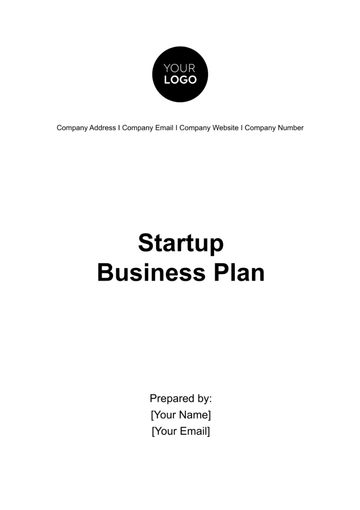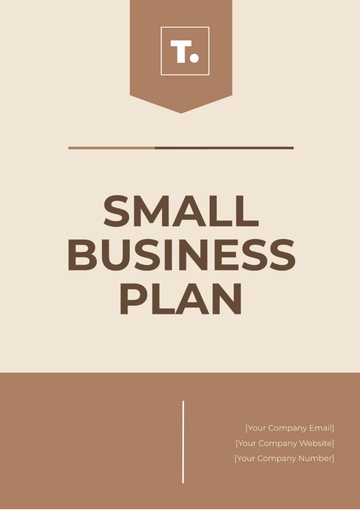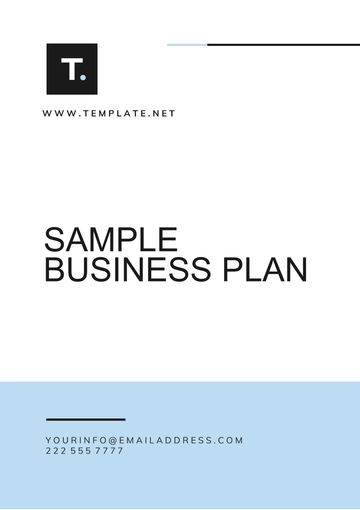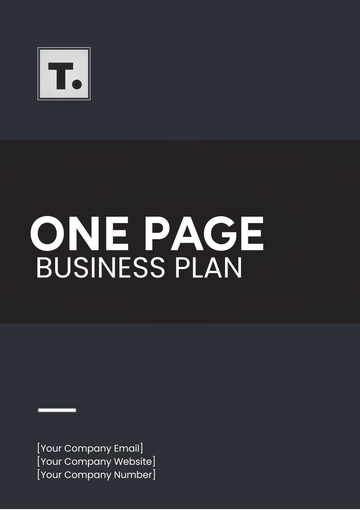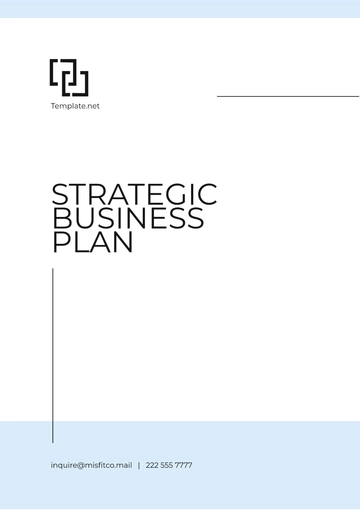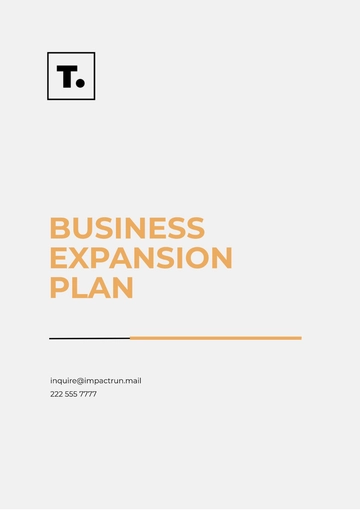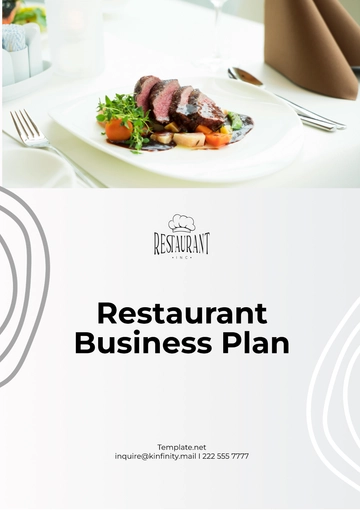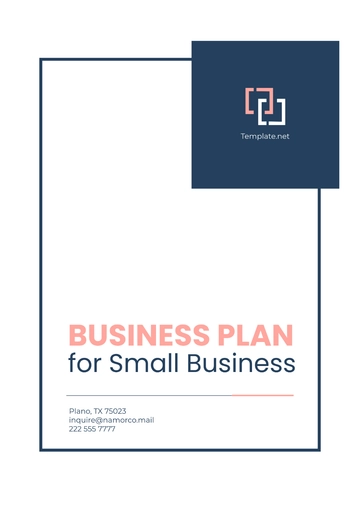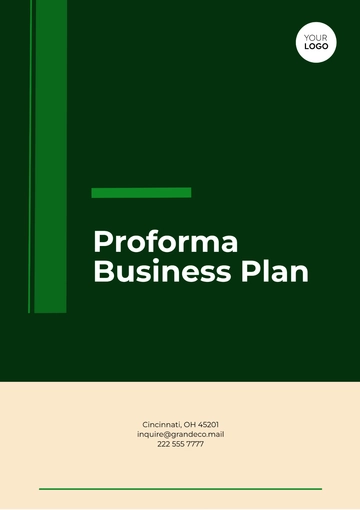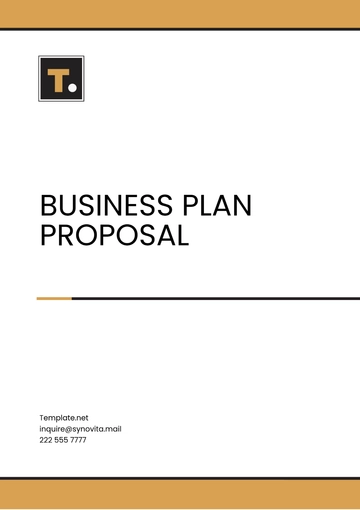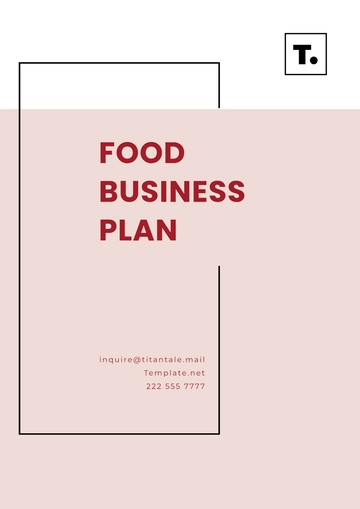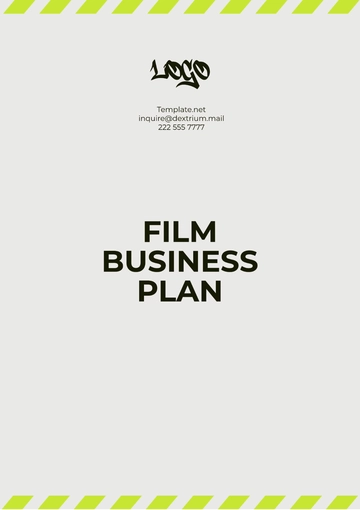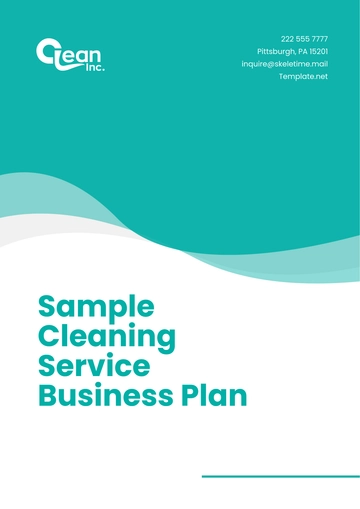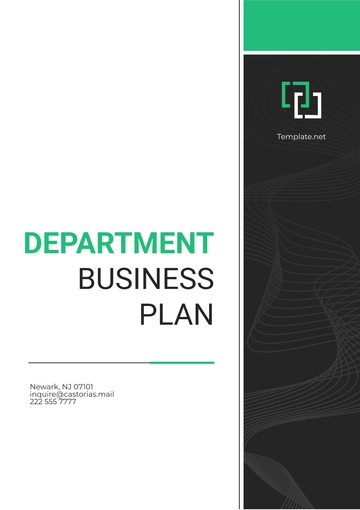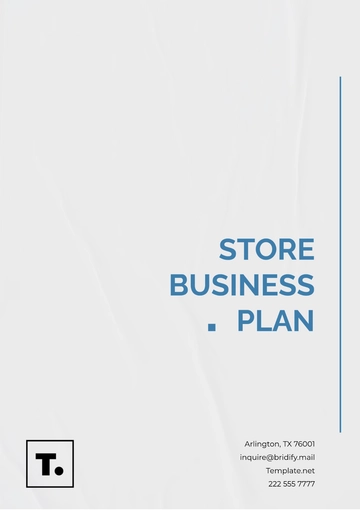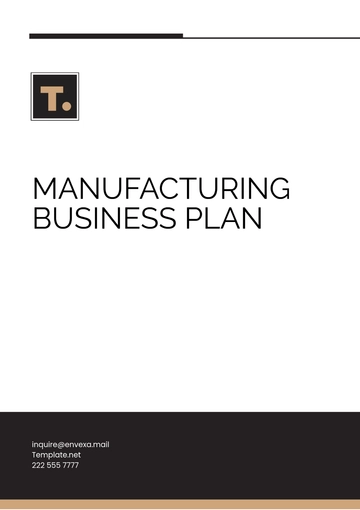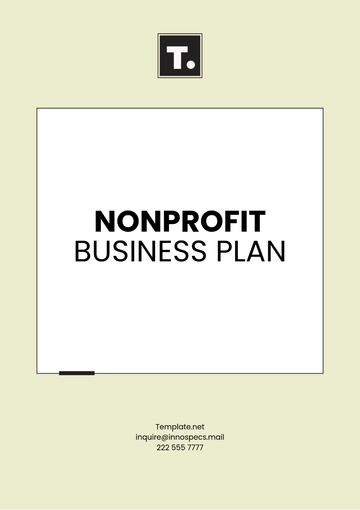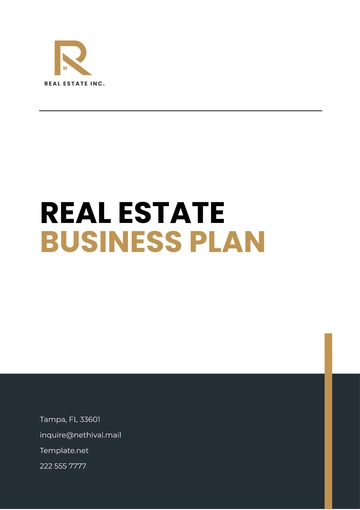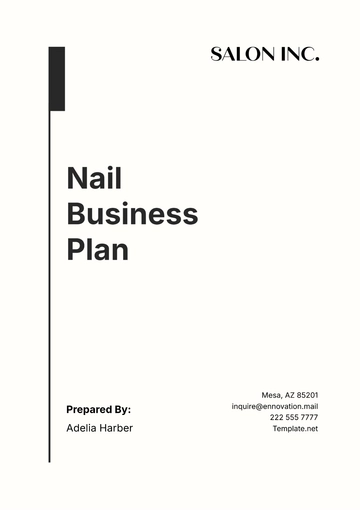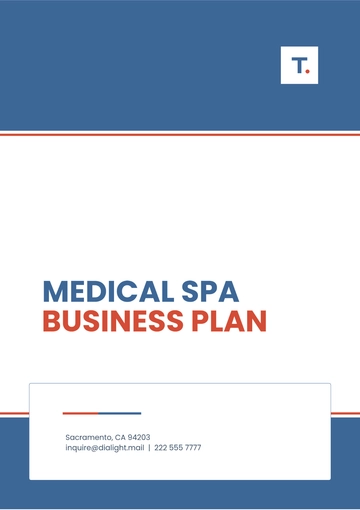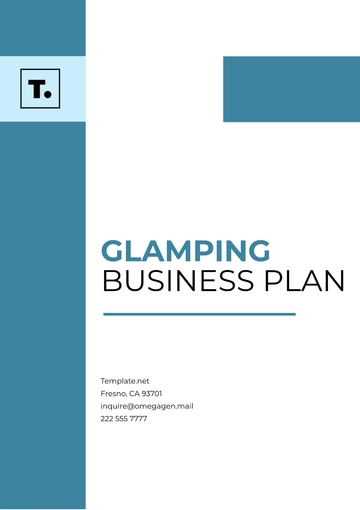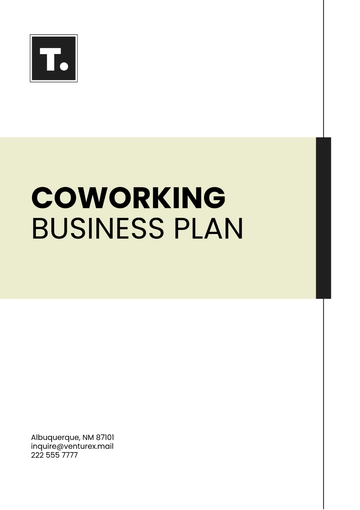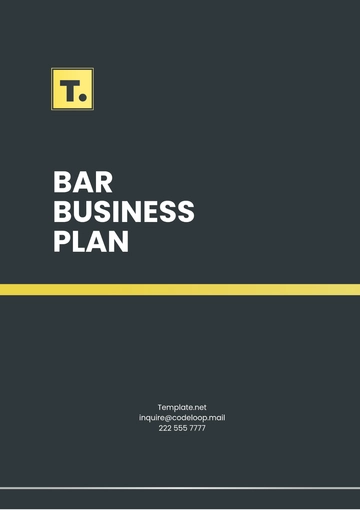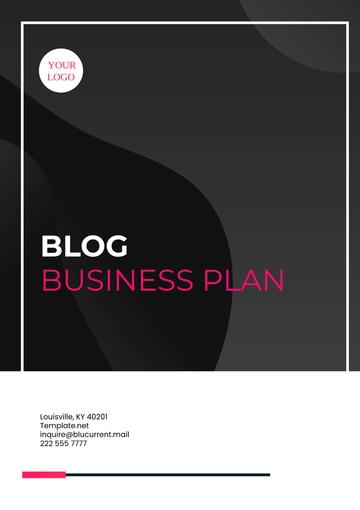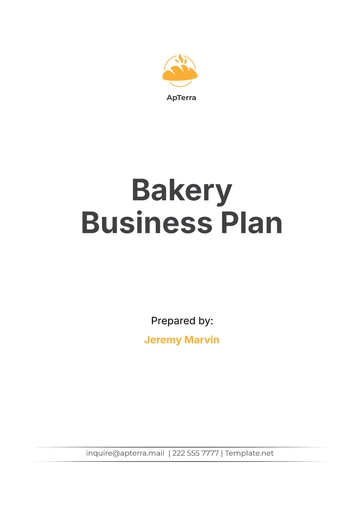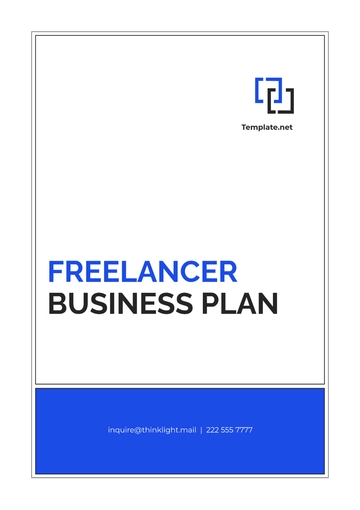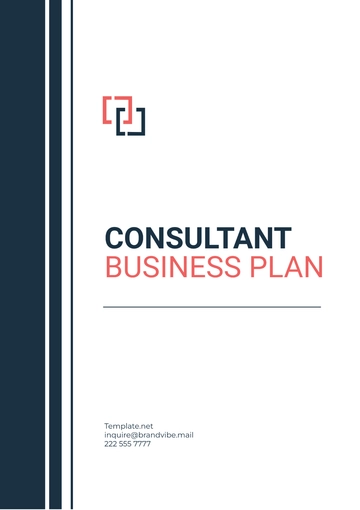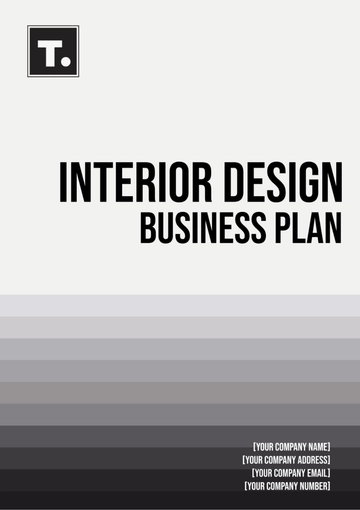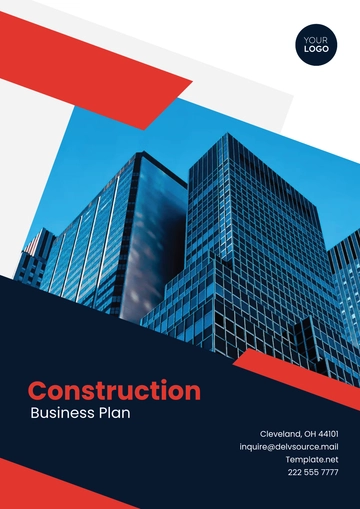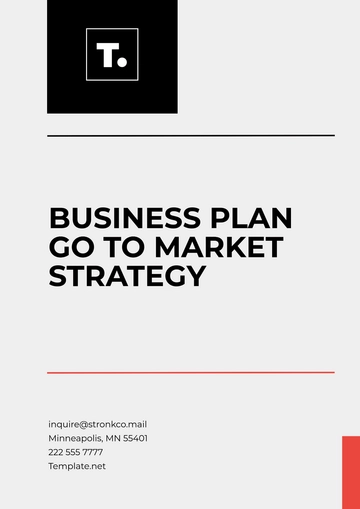Free Professional Store Business Plan
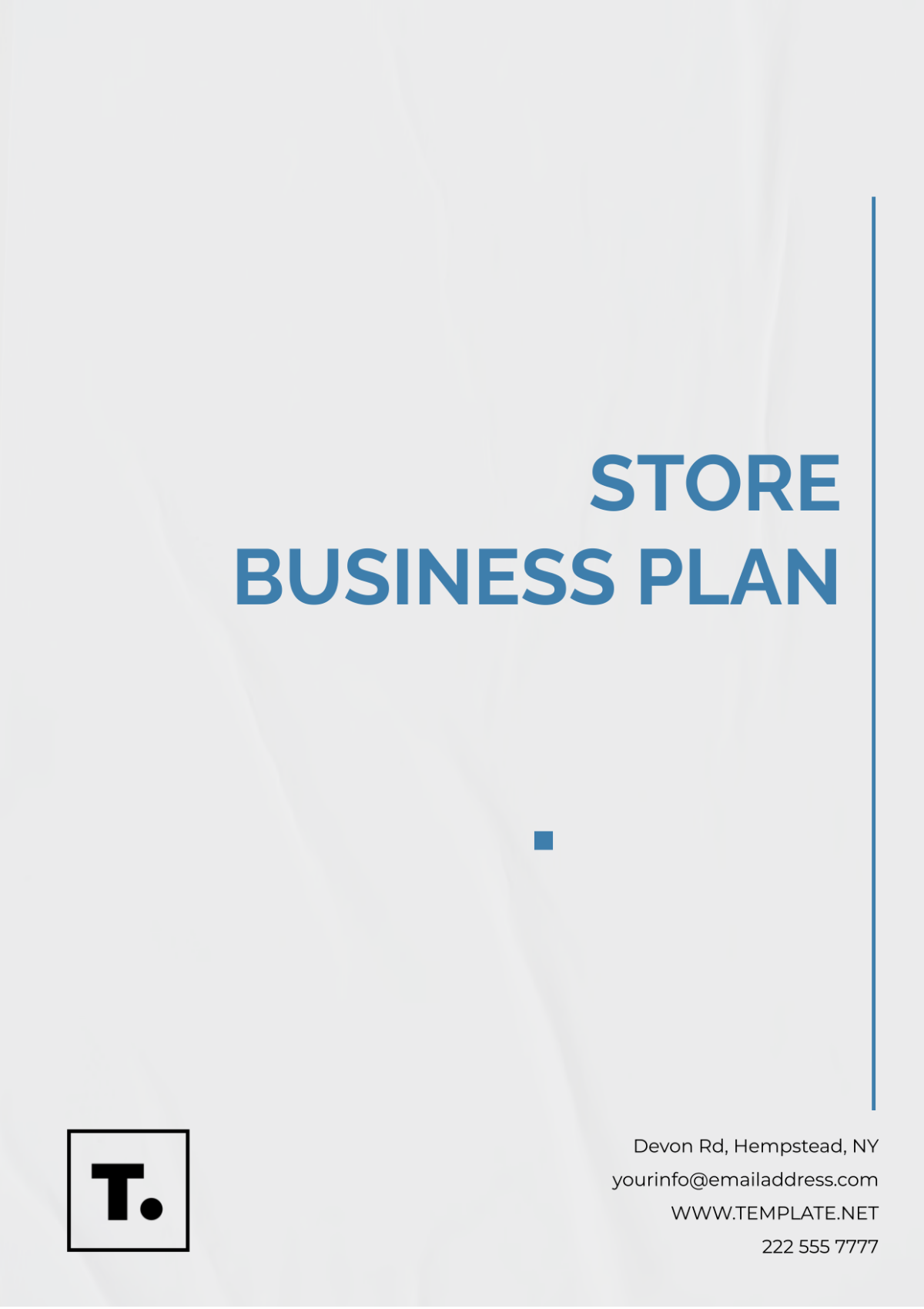
Table of Contents
I. Introduction
Business Overview
Purpose or Objective
II. Market Analysis
Industry Overview
Target Market
Competitive Analysis
III. Marketing Strategy
Marketing and Sales Plan
Pricing Strategy
Promotion Strategy
IV. Operations Plan
Store Layout and Design
Suppliers and Inventory Management
Staffing Requirements
V. Financial Plan
Startup Costs
Revenue Projections
Expenses and Profitability
Break-Even Analysis
VI. Appendix
Supporting Documents
I. Introduction
Business Overview
Company Name: [Your Company Name]
Store Name: Fresh & Fabulous
Mission Statement: To provide trendy, high-quality fashion at affordable prices, ensuring every customer leaves feeling confident and stylish.
Vision Statement: To become the leading fashion retailer in the region, known for exceptional customer service and an ever-evolving selection of clothing and accessories.
Purpose or Objective
To launch a new fashion retail store that caters to style-conscious individuals seeking the latest trends and high-quality garments.
II. Market Analysis
Industry Overview
Industry Trends: The fashion retail industry is experiencing a shift towards sustainable and ethically sourced products, with a growing emphasis on online shopping.
Market Size: The global fashion industry is valued at over $2.5 trillion, with the regional market expected to grow by 5% annually.
Target Market
Demographics: Primarily women aged 18-35, with a focus on professionals and students.
Geographic Location: Urban areas with a high concentration of young professionals, such as downtown city centers.
Psychographics: Customers who are fashion-forward, value quality, and are looking for affordable yet stylish clothing.
Competitive Analysis
Major Competitors: Urban Chic Boutique, Trendy Threads, Style Haven
Competitive Advantage: Fresh & Fabulous offers unique, exclusive fashion items not found in mainstream stores, along with exceptional personalized customer service.
III. Marketing Strategy
Marketing and Sales Plan
Marketing Channels: Social media (Instagram, Facebook), influencer partnerships, local fashion events
Sales Strategy: In-store promotions, online sales through a user-friendly e-commerce website, and loyalty programs.
Pricing Strategy
Pricing Model: Competitive pricing with an average price point of $50 per item.
Discounts and Offers: Seasonal sales, buy-one-get-one-half-off offers, and member-exclusive discounts.
Promotion Strategy
Advertising Plan: Targeted ads on social media platforms, collaborations with local fashion bloggers, and sponsored posts.
Public Relations: Press releases to local fashion magazines, participation in community events, and partnerships with local influencers.
IV. Operations Plan
Store Layout and Design
Store Location: [Your Company Address]
Layout Design: An open, modern design with organized sections for different types of clothing, fitting rooms, and a dedicated area for new arrivals.
Suppliers and Inventory Management
Key Suppliers:
Supplier Name | Contact Information |
|---|---|
Trendsetters Apparel | (555) 123-4567 |
Luxe Fabrics | (555) 234-5678 |
Chic Accessories Inc. | (555) 345-6789 |
Inventory Management: A digital inventory system to track stock levels, seasonal trends, and reorder points, ensuring efficient restocking.
Staffing Requirements
Staff Roles:
Position | Responsibilities |
|---|---|
Store Manager | Oversee daily operations, manage staff |
Sales Associates | Assist customers, handle sales |
Visual Merchandiser | Design store displays and layout |
Inventory Clerk | Manage stock and inventory levels |
Hiring Plan: Recruit experienced fashion retail professionals through local job fairs and online job boards, with a focus on customer service skills.
V. Financial Plan
Startup Costs
Initial Capital Requirements: $150,000
Breakdown of Costs:
Cost Category
Amount
Lease and Renovation
$60,000
Inventory
$50,000
Marketing and Advertising
$15,000
Miscellaneous Costs
$25,000
Revenue Projections
Sales Forecast: $300,000 in the first year, with a projected 15% increase annually.
Growth Projections: Expected to reach $500,000 in sales by the third year, with ongoing expansion plans.
Expenses and Profitability
Operating Expenses:
Expense Category
Monthly Amount
Rent
$5,000
Utilities
$1,000
Salaries
$10,000
Inventory Restocking
$15,000
Profit Margins: Expected profit margin of 30% on sales, aiming for a net profit of $90,000 in the first year.
Break-Even Analysis
Break-Even Point: $200,000 in sales
Analysis Details: Based on fixed and variable costs, the store is projected to cover all expenses and start generating profit after reaching $200,000 in sales.
VI. Appendix
Supporting Documents
Market Research Data: Local market analysis reports, customer surveys, and fashion industry statistics.
Legal Documents: Business license, lease agreement, and insurance policies.
Resumes of Key Personnel: Resumes of the Store Manager, Sales Associates, and Visual Merchandiser.
- 100% Customizable, free editor
- Access 1 Million+ Templates, photo’s & graphics
- Download or share as a template
- Click and replace photos, graphics, text, backgrounds
- Resize, crop, AI write & more
- Access advanced editor
Elevate your retail strategy with Template.net’s Professional Store Business Plan Template. This fully editable and customizable template provides a detailed framework for developing a robust business plan tailored to retail operations. Use our AI Editor Tool to refine and personalize the content, ensuring a clear, strategic approach to managing and growing your store.
You may also like
- One Page Business Plan
- Coffee Shop Business Plan
- Restaurant Business Plan
- Food Business Plan
- Real Estate Business Plan
- Executive Summary Business Plan
- Cover Page Business Plan
- Nonprofit Business Plan
- Daycare Business Plan
- Construction Business Plan
- Startup Business Plan
- Medical Business Plan
- Bakery Business Plan
- Service Plan
- Hotel Business Plan
- Catering Business Plan
- School Business Plan
- Healthcare Business Plan
- Transportation Plan
- Sports Plan
- Car Wash Business Plan
- Salon Business Plan
- Clothing Business Plan
- Farming Business Plan
- Boutique Plan
